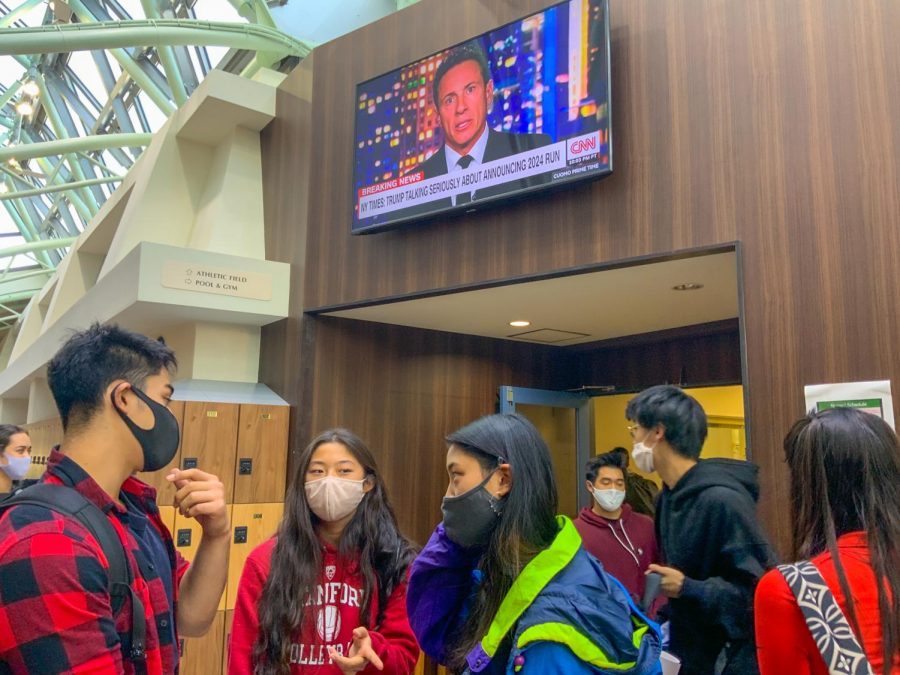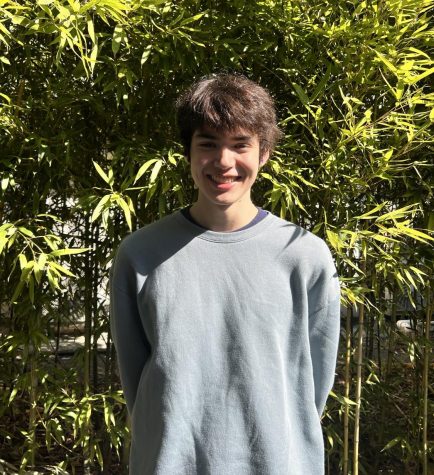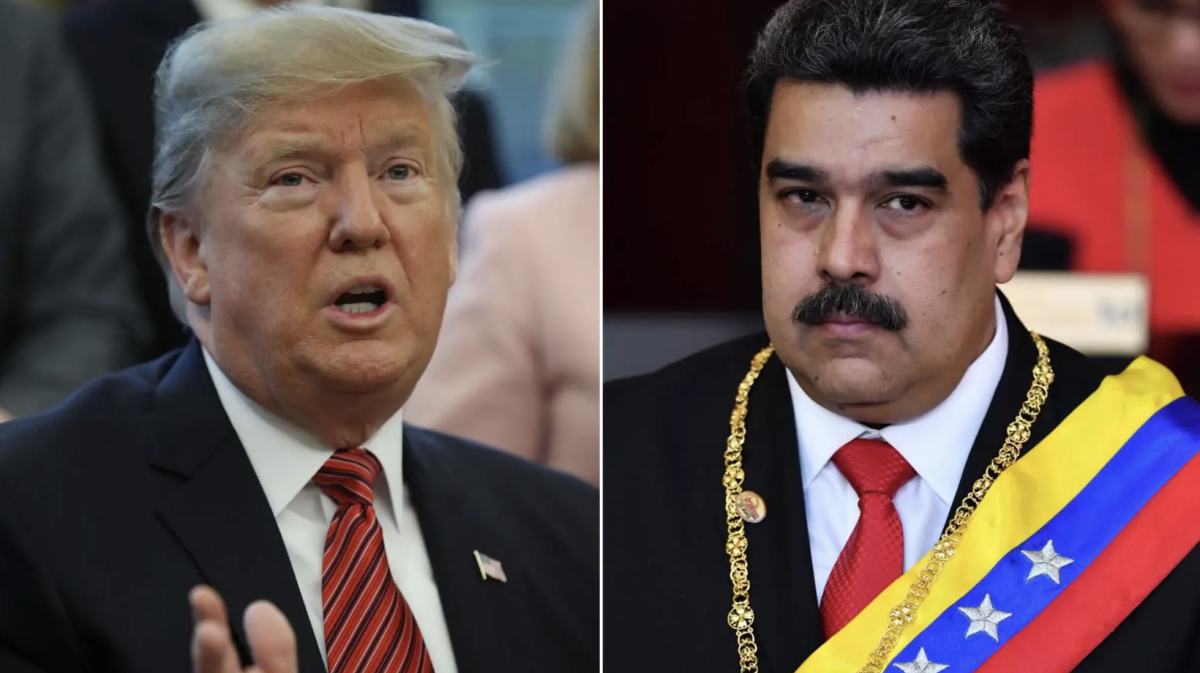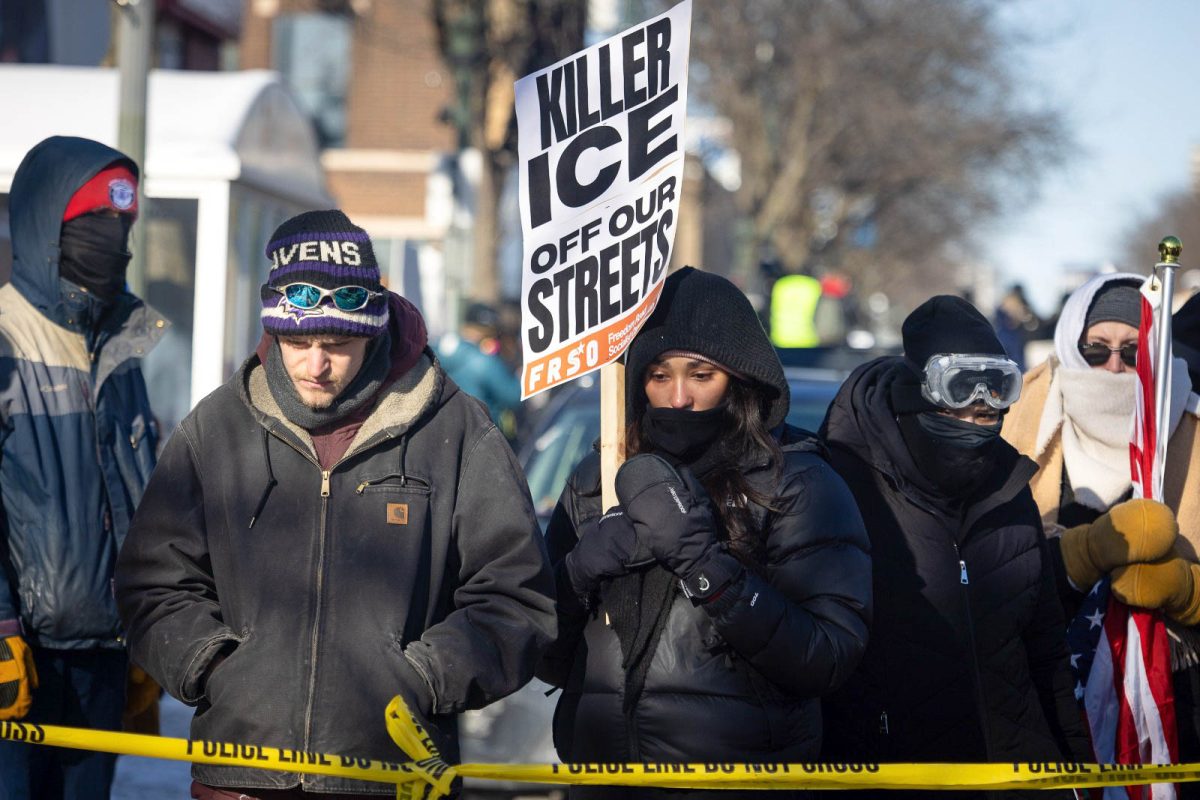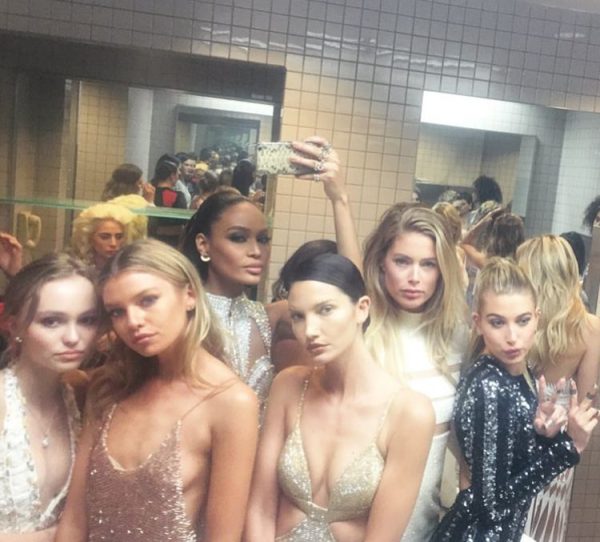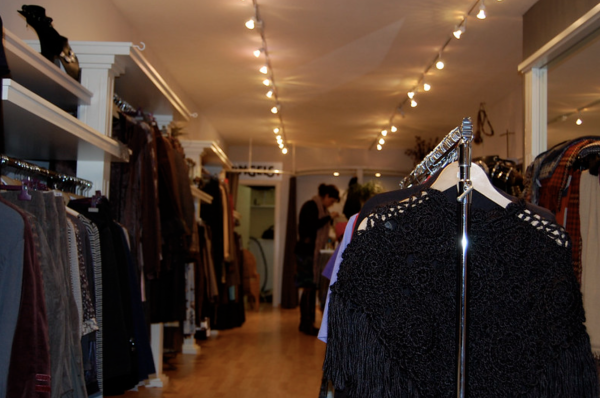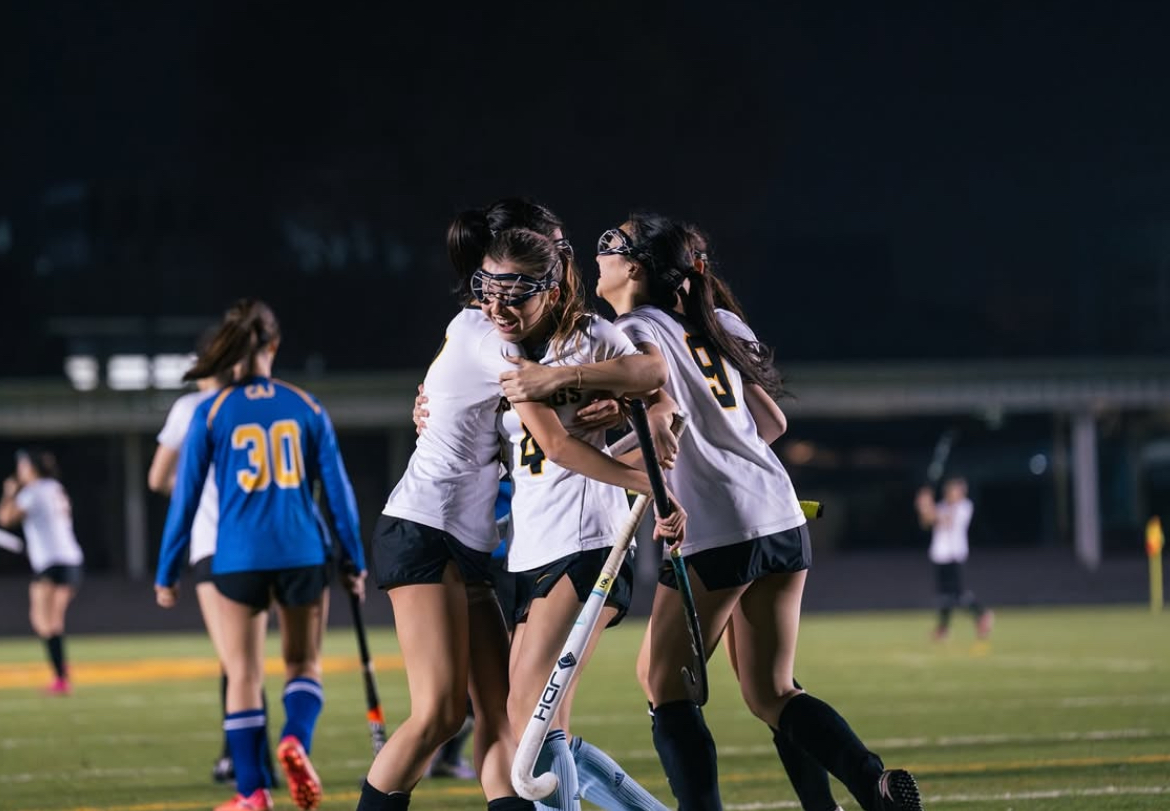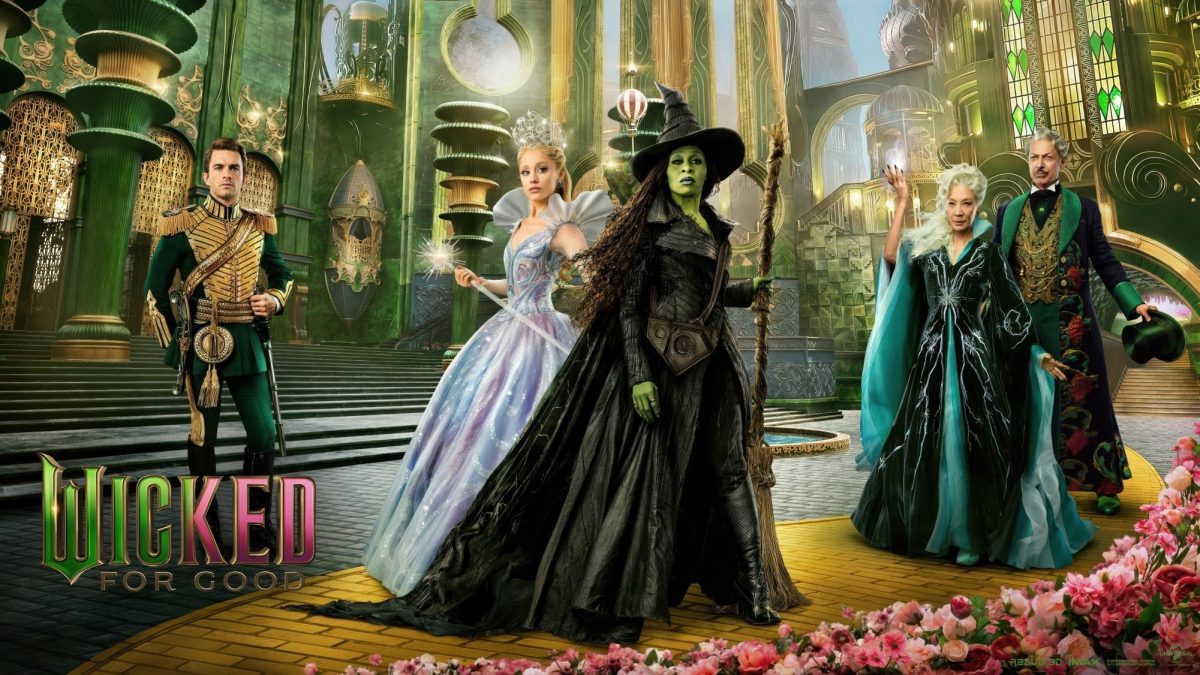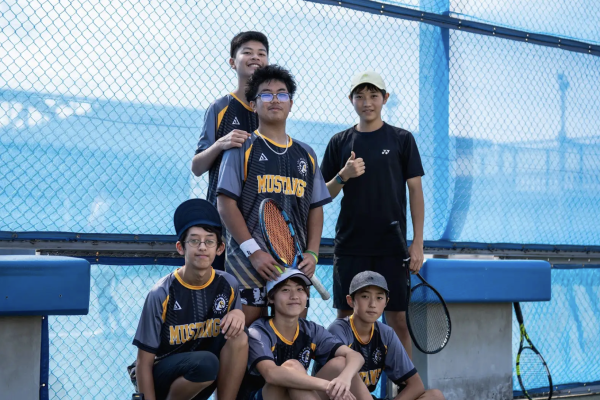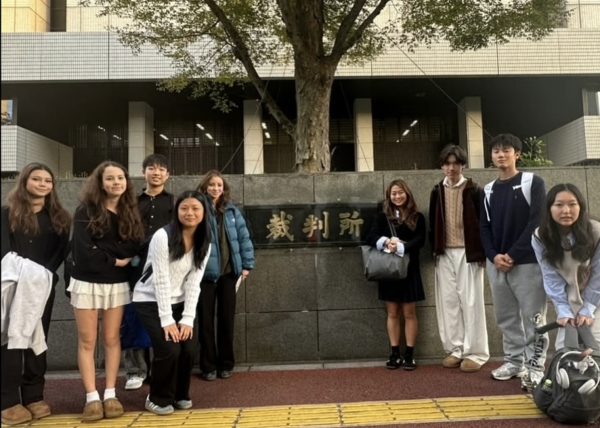The Case for Political Diversity
November 16, 2020
High school is a center of learning — academic, social, and emotional. Most often, students find themselves exploring ideas and courses that they would not have otherwise entertained, if not for the opportunities and interactions that high schools offer. I propose that perhaps the same is true for political views. If high school marks the beginning of a student’s independence of thought, and if this is true for most students, then perhaps it is reasonable to claim that political exchanges between young adults should be encouraged.
In the wake of the 2020 U.S. presidential election, students may have found themselves to be more invested in politics and political structures than ever before. After all, the last time that any current high school student could have witnessed a presidential election in action would have been in middle school: 5th to 8th grade. It is clear that ASIJ is attempting to promote political engagement. Placement of multiple TVs with news broadcasting, and waves of encouragement for students to discuss the election were evident to anyone who stepped foot on campus. As a result, there was not a student who had not talked or at least heard about the presidential candidates.
It is important to acknowledge the politically left-leaning nature of ASIJ. Put simply, the majority of both teachers and students are at least somewhat left-leaning. But I ask readers to make a distinction between political ideologies of left and right, and the political candidacies of Joe Biden and Donald Trump. Supporting left-wing ideology is not synonymous with supporting President-elect Biden, and supporting right wing ideology is not synonymous with supporting President Trump. This presidential election, in particular, has brought about much cross-ideological support, simply due to the vast number of variables involved. Throughout the time of the election, and even today, I’ve heard overwhelming support and reiteration of largely left-leaning ideology. I am not claiming that this is a good or bad thing, but I will propose that something is missing: diversity.
To hold a political opinion is not a bad thing; in fact, so long as there is a degree of open-mindedness, I dare say that it’s a good thing. My disappointment comes in noticing the lack of open-mindedness that some of my fellow students hold. When on social media students post a critique of a candidate and say that they do not understand anyone who would vote for them, it makes me wonder why this might be. Perhaps readers recognize that the lack of understanding of different or opposing viewpoints may come from the lack of experience with said viewpoints. Perhaps the lack of experience stems from the lack of political diversity.
To implement true political diversity is perhaps an impossible challenge. But at the very least, if students could become more aware of the relative one-sidedness of their political experience, then perhaps more students on all sides of the political spectrum would benefit, and be motivated to become more politically involved.

